Spindrift – Sails of Change Maxi halts record attempt






All images & report below Spindrift Racing Media. Web : spindrift-racing.com
Spindrift Sails of Change Maxi-trimaran New horizons
Sails of Change will not cast off this year to challenge the round the world Jules Verne Trophy record and is calling a halt to the stand-by period that has kept the team in Brest, France, for several months during the autumn and winter waiting for a weather window that has remained elusive.
Another time! While the crew remain ready and motivated, like other contenders, the team could not launch a challenge on the record this year due to unfavourable weather conditions.
The stand-by must end sometime !
“We’ll return the maxi-trimaran to our base in La Trinité/Mer today. Although we extended our stand-by period, there were no weather windows,” said Yann Guichard. “We have pushed the deadline as late as possible, but nothing is presenting over the next few days. The challenge is no longer to cross the Equator in under five days (the team still holds the best time: 4 days 19 hours and 57 minutes) but to reach the longitude of the Cape of Good Hope in approx. 12 days!”
Francis Joyon and his team had very favourable conditions for their Southern Ocean leg, so today’s record challengers need some margin before venturing into the Indian Ocean. “It’s a difficult decision, but you have to stop sometime. Of course, it is disappointing, and we have to consider what comes next. Dona (Bertarelli) and I gathered the sailors and technical team together on Tuesday at lunchtime – it was a special moment,” added Yann.
“We have been preparing for this Jules Verne Trophy for 10 years now, and at the end of each attempt or stand-by period, you have to know how to turn the page. The emotion remains and it is always tough! What we have built with a whole team around us cannot be allowed to dissipate,” said Dona Bertarelli.
It is important to understand the context behind these decisions, with autumn approaching in the Southern Ocean, the low-pressure systems become faster and more violent, the nights become longer, and the rougher seas prohibit sailing at the kind of speeds required to break the record. Plus, this year there were icebergs drifting at higher latitudes, as far up as the Pacific, which would have meant increasing the distance sailed, without reducing the time to beat.
“The record remains, and even if it is broken, there will always be someone that will improve on it one day! That is the beauty of records,” added the skipper of Sails of Change.
Going forward, the team is preparing for a new season of TF35 racing which kicks off in mid-May on Lake Geneva.



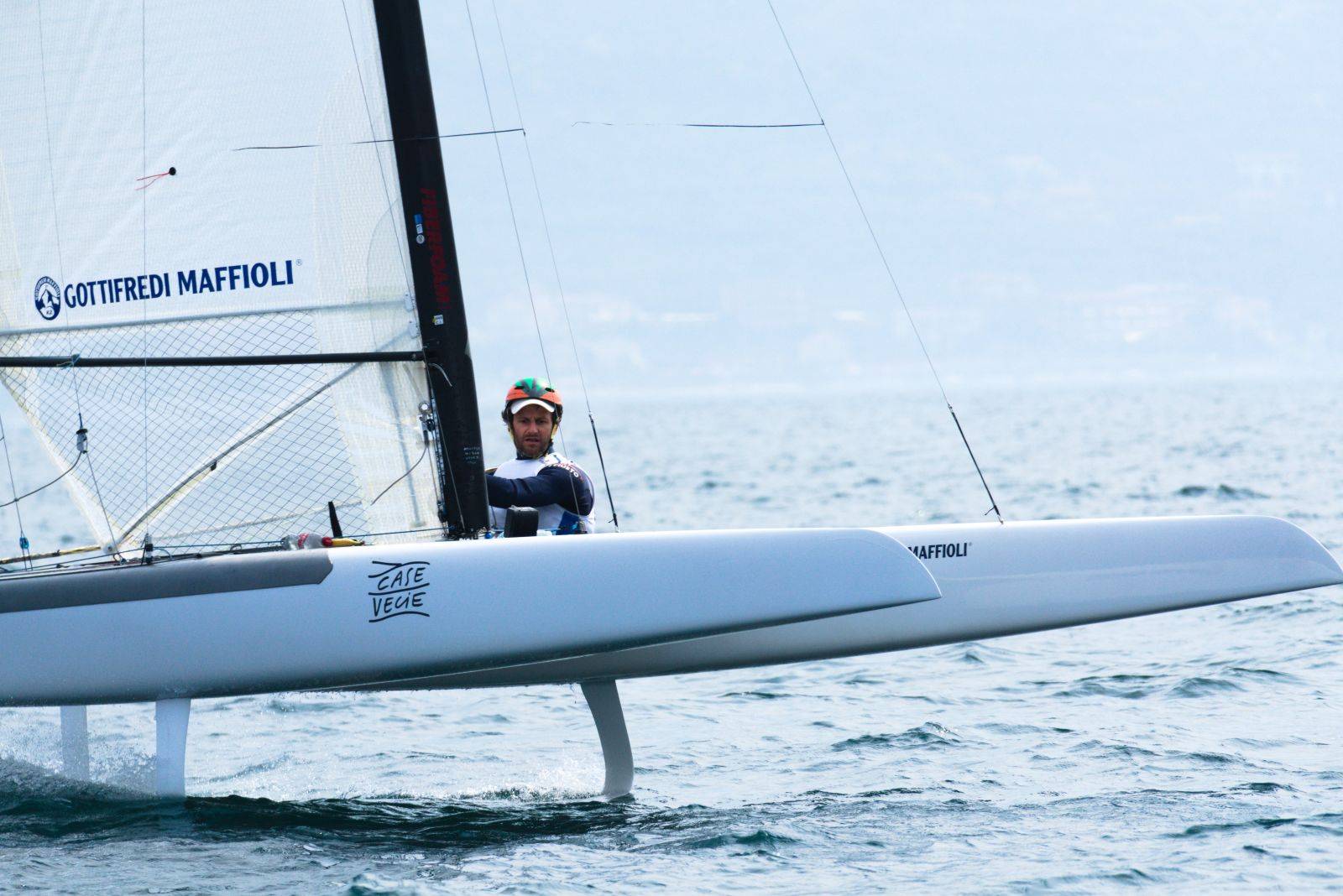
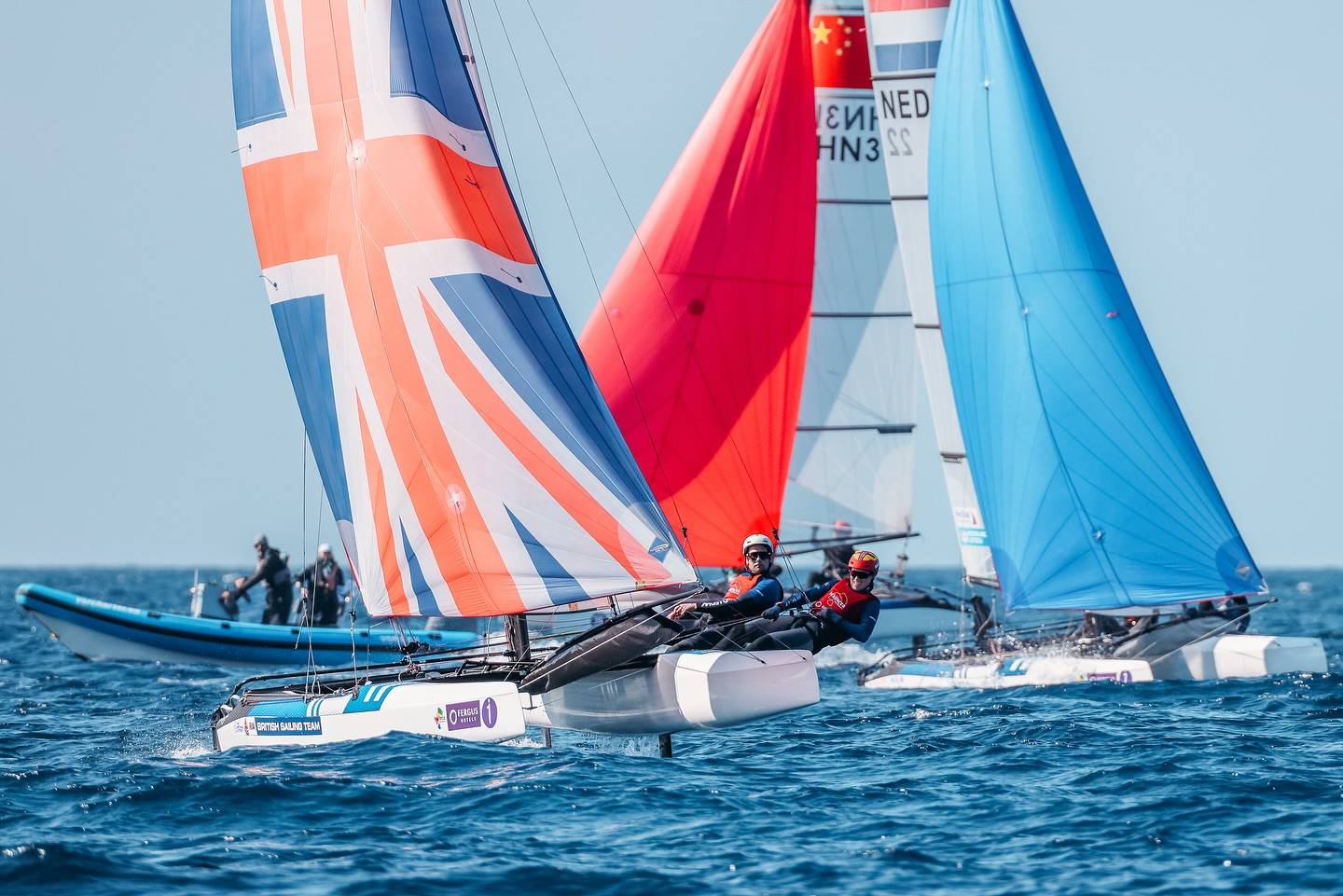
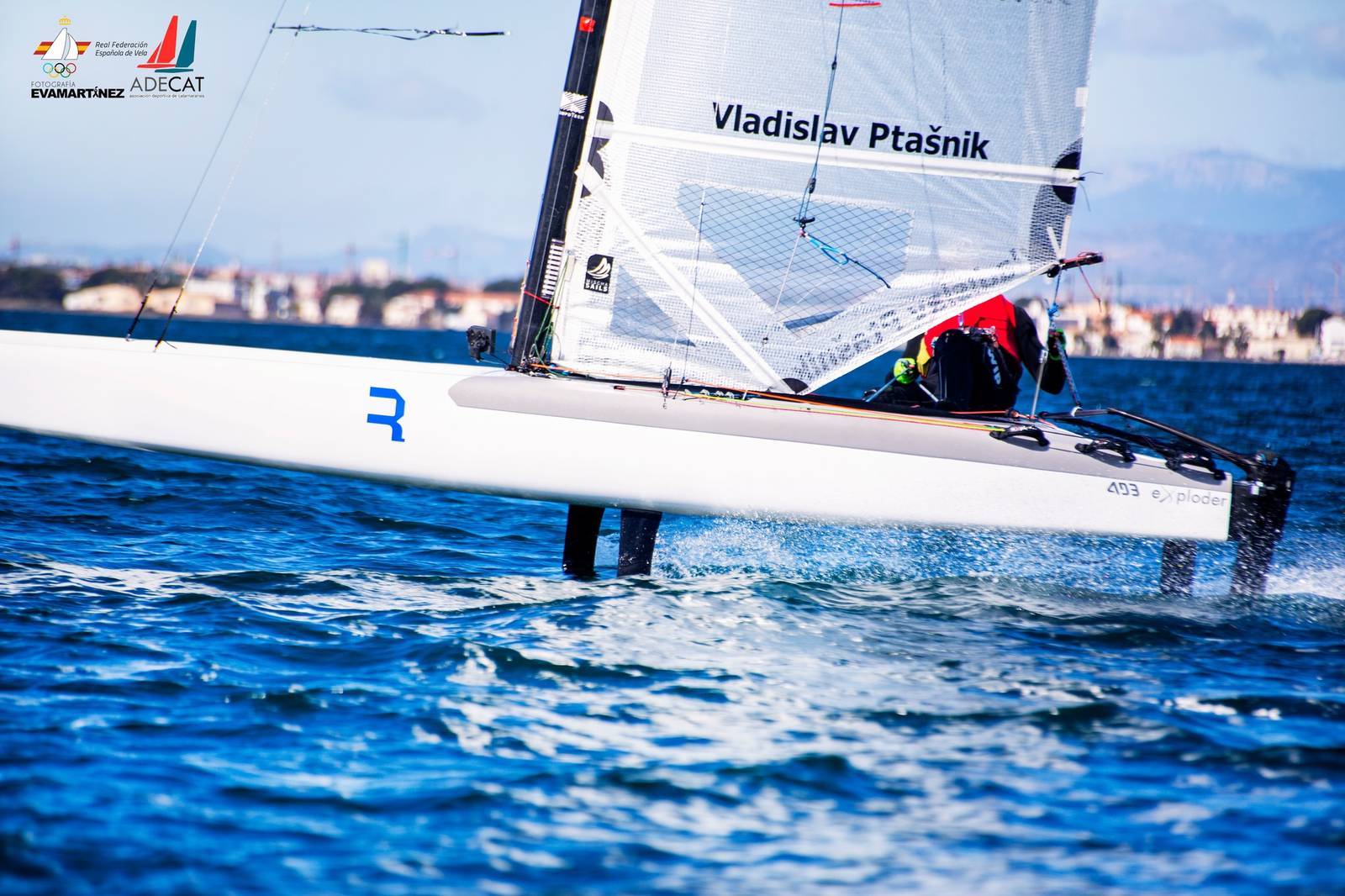
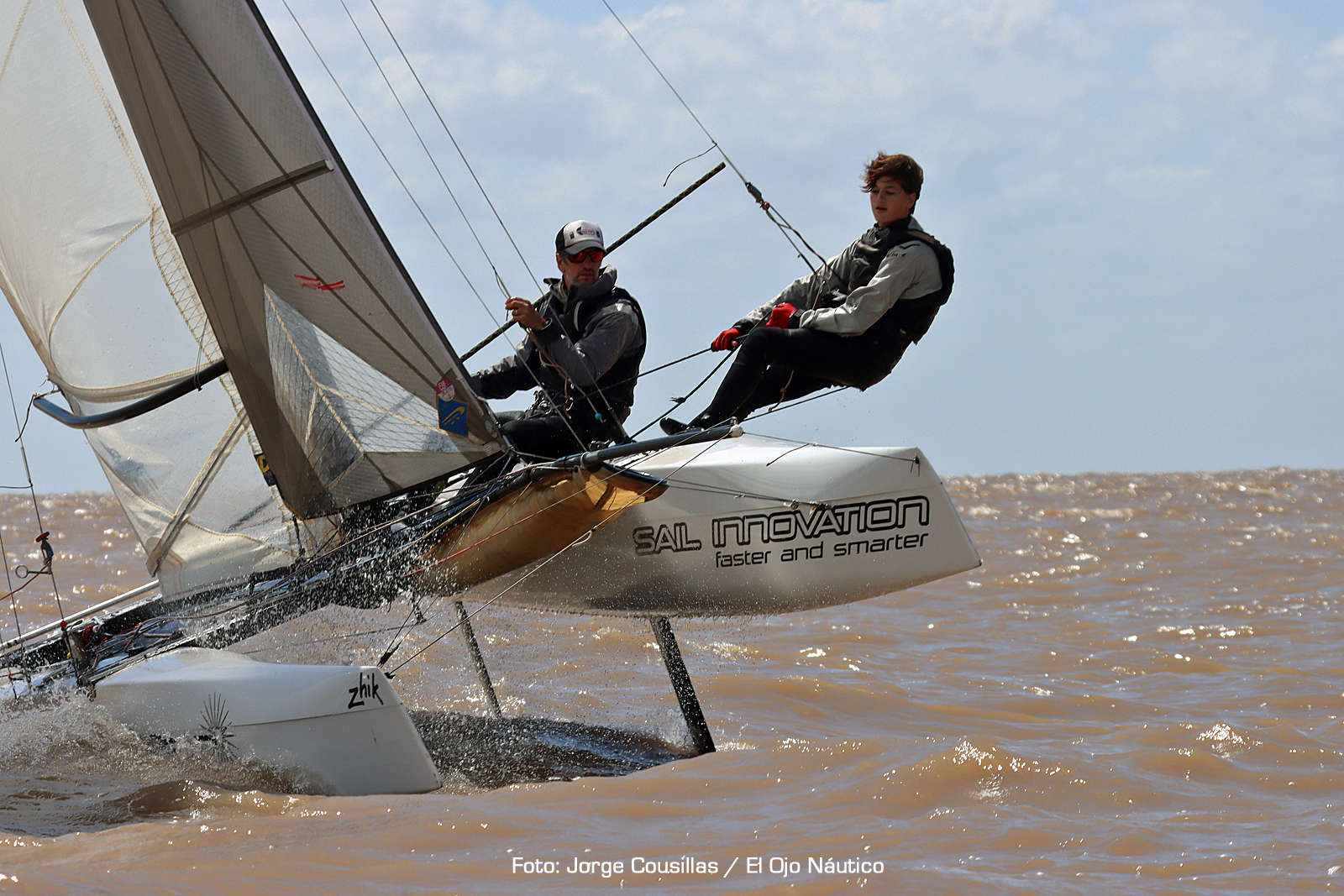
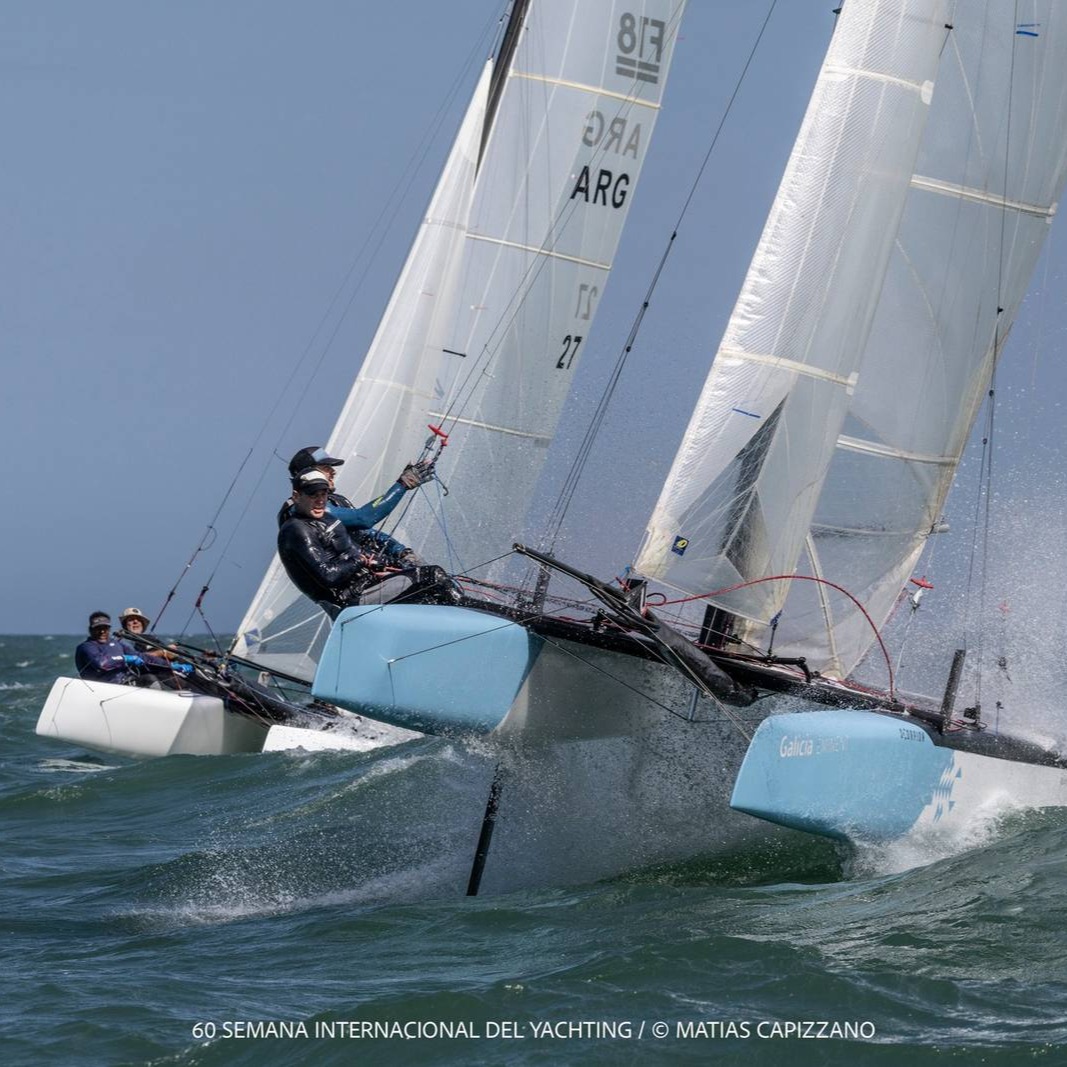
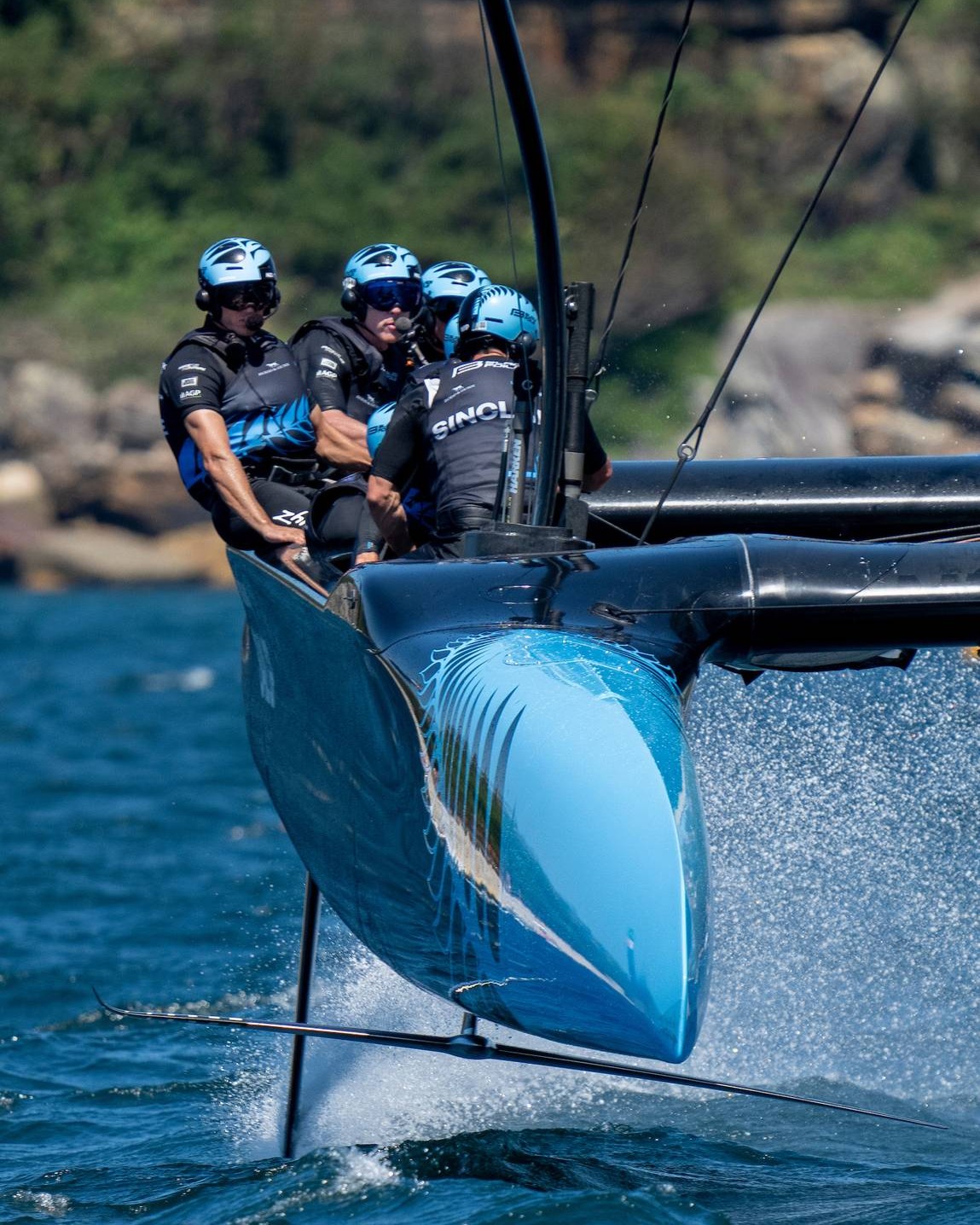
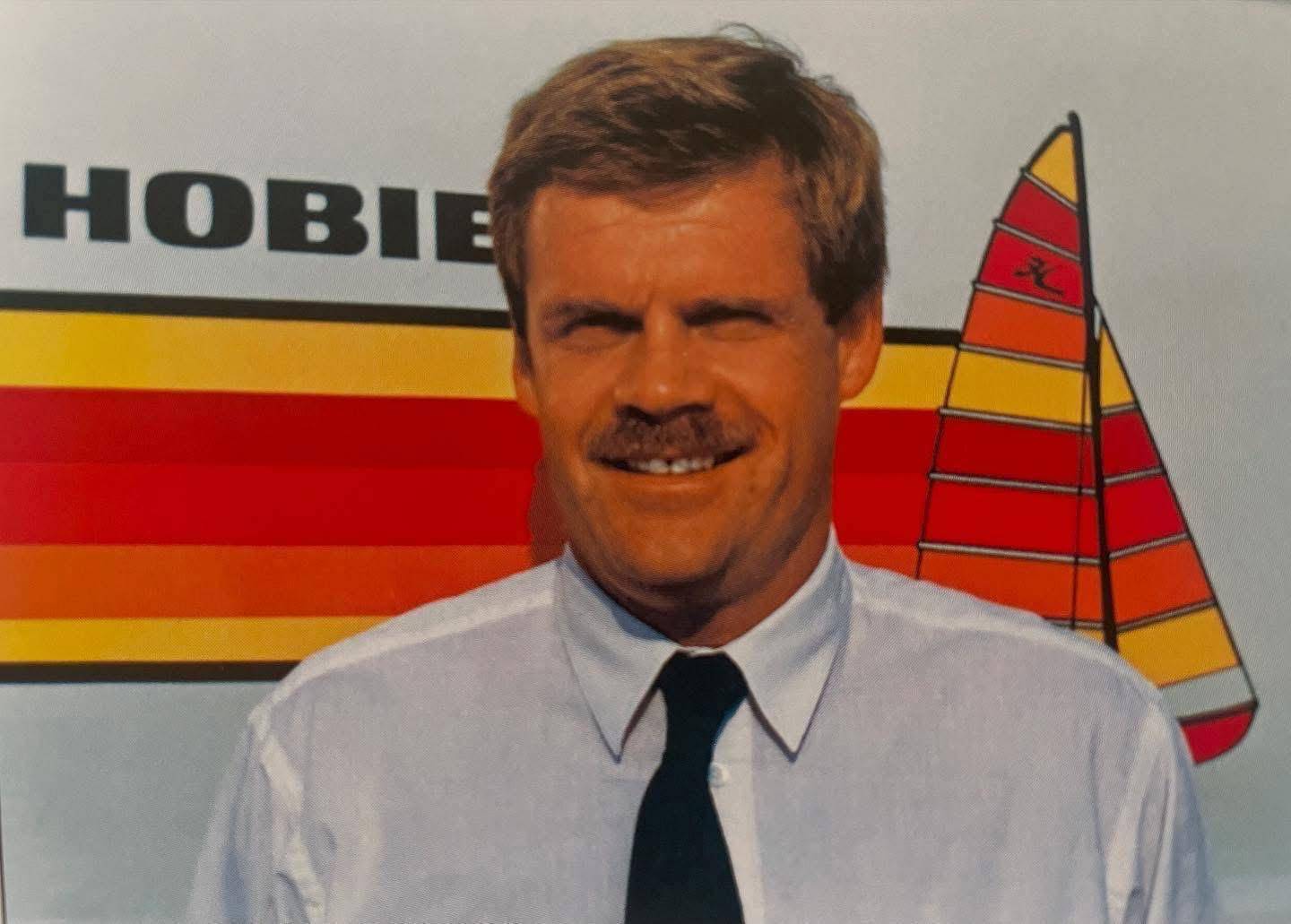




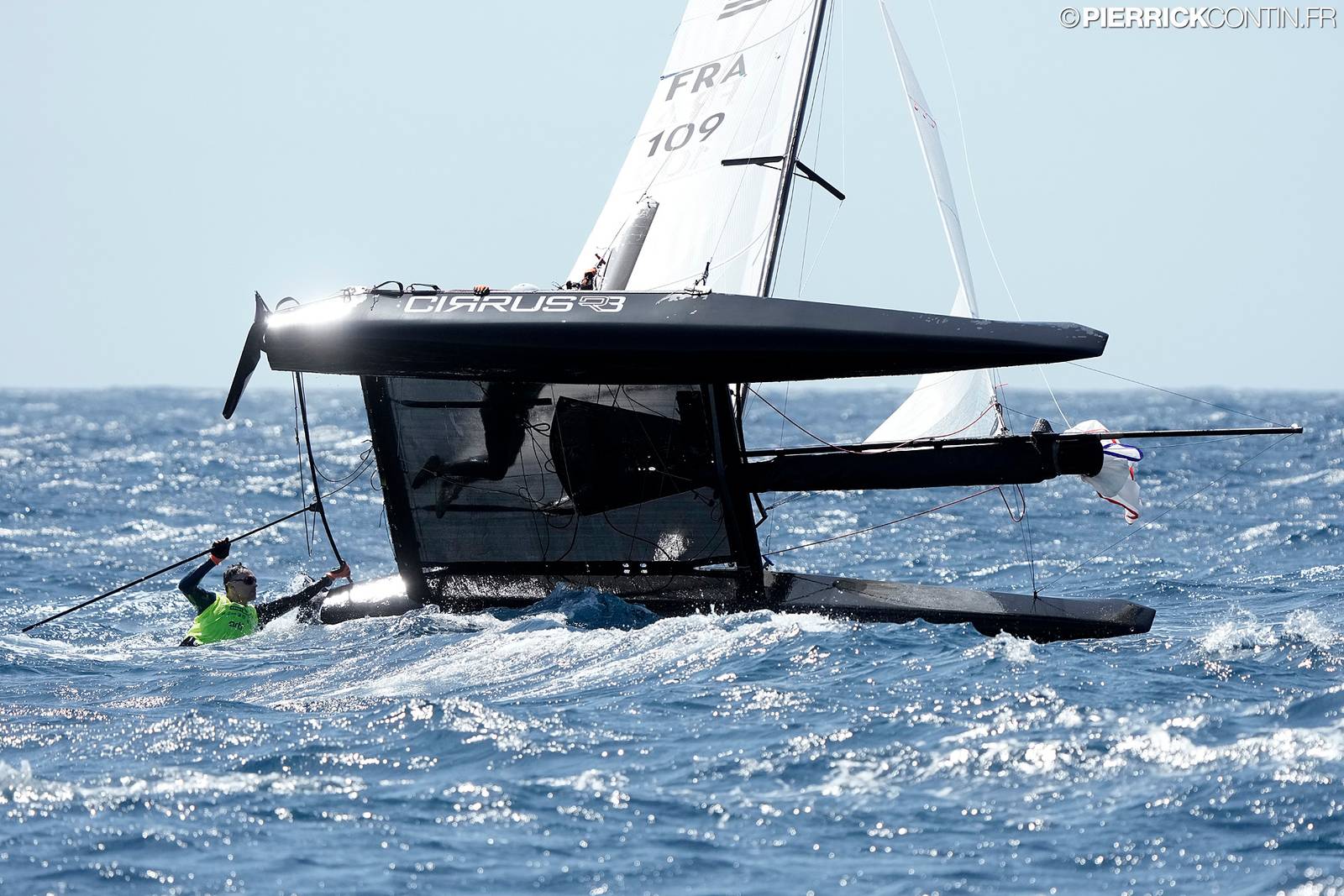













I just heard that my great sailing friend and former CEO of Hobiecat Europe has passed. May The endless oceans…
...Report was sent by an F18 Sailor, if you want Hobies reported send your own, we'll publish as usual. Cheers.
Looks like in your report the Hobies are not really present. Suggest to rewrite the article.
Thanks for the great report Wik. Great battle.
If I correctly read the results the overall winner this year is a Hobie16